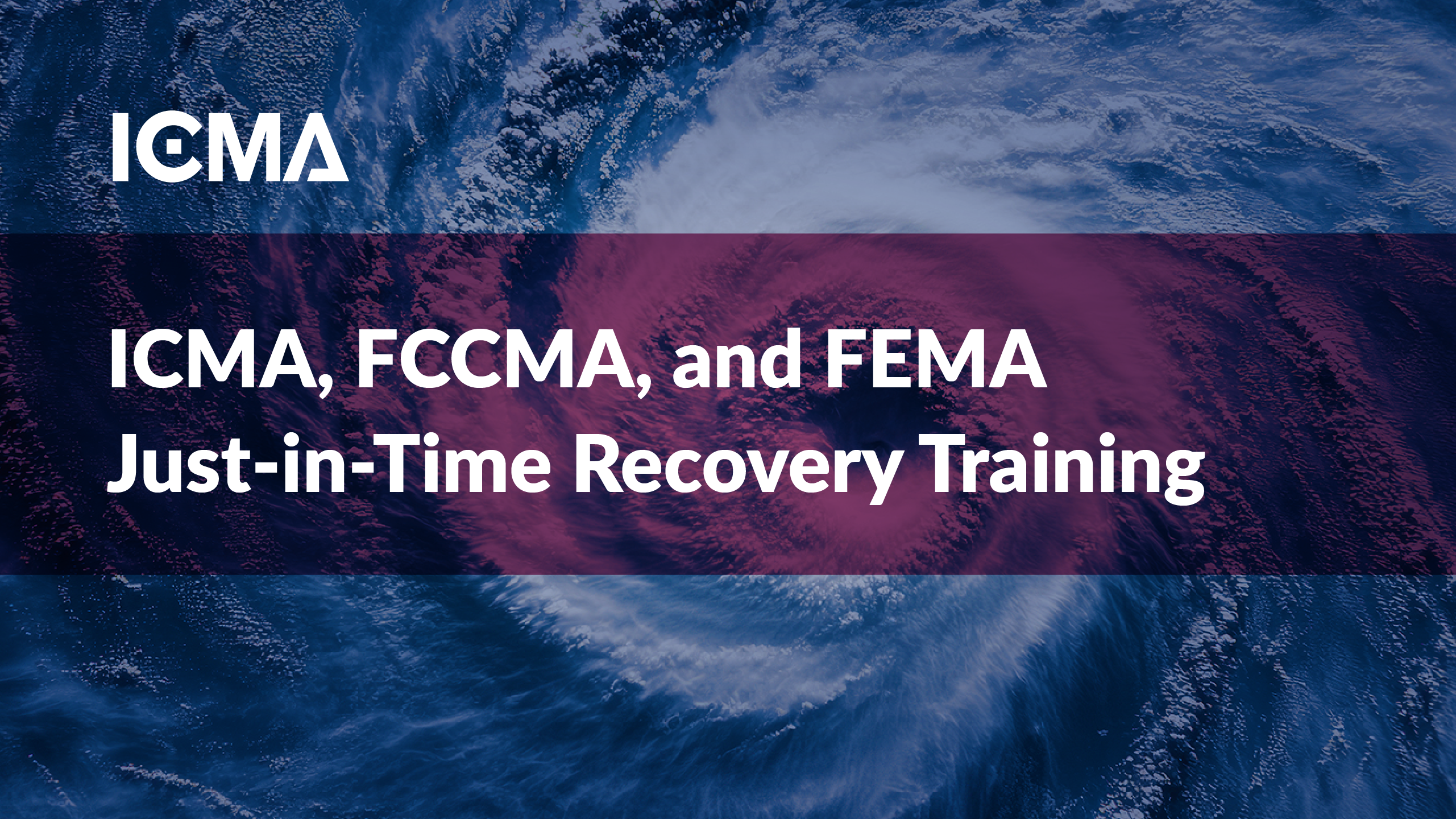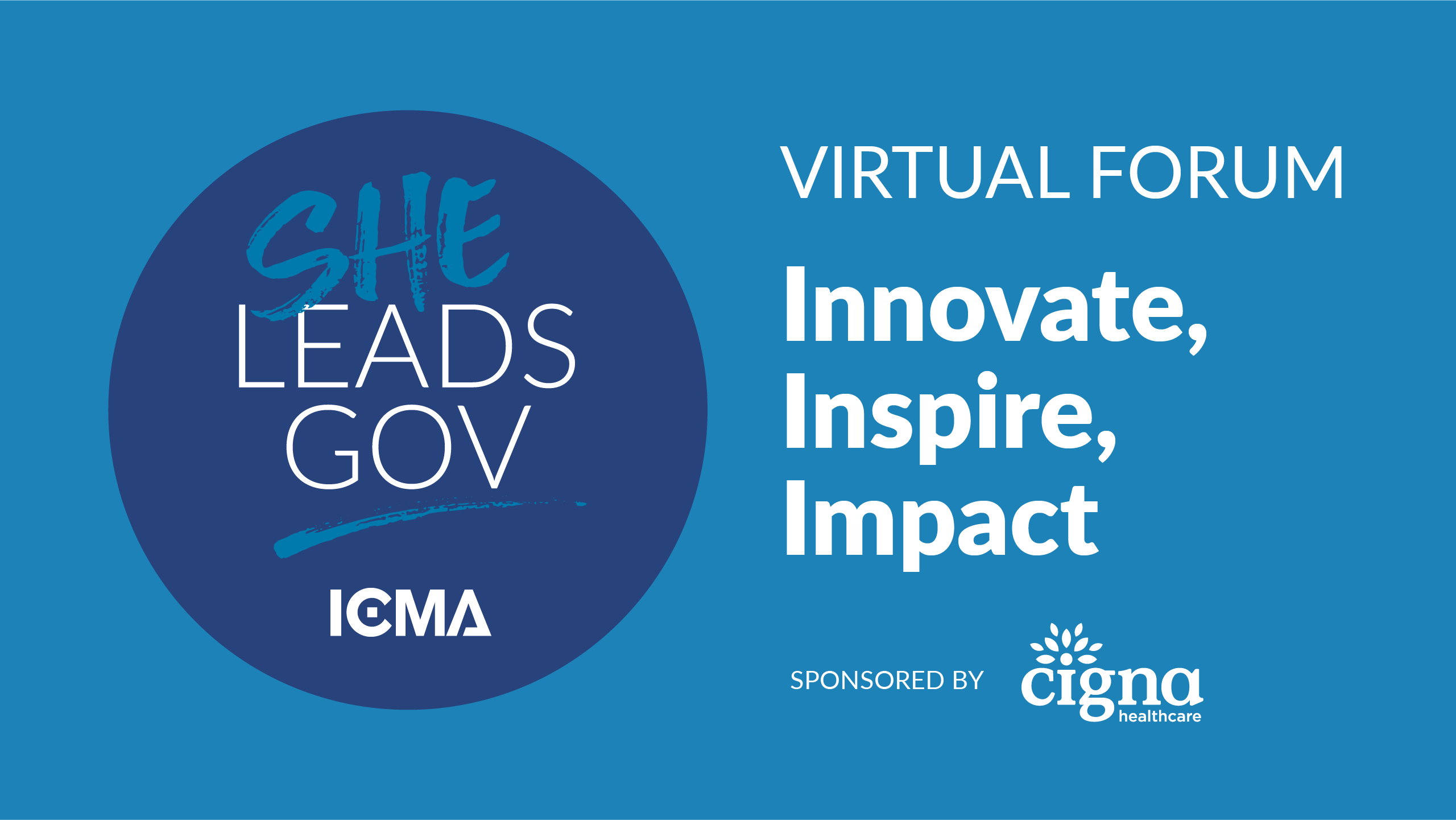
Engaging your community is the key.




Community Heart & Soul program featured on-demand in the ICMA Learning Lab.

Explore the growing role of AI in the communities of tomorrow.

